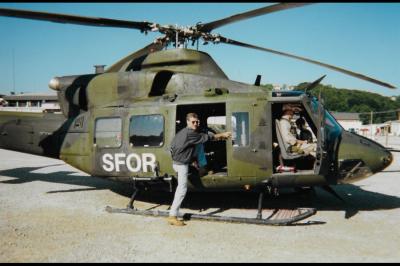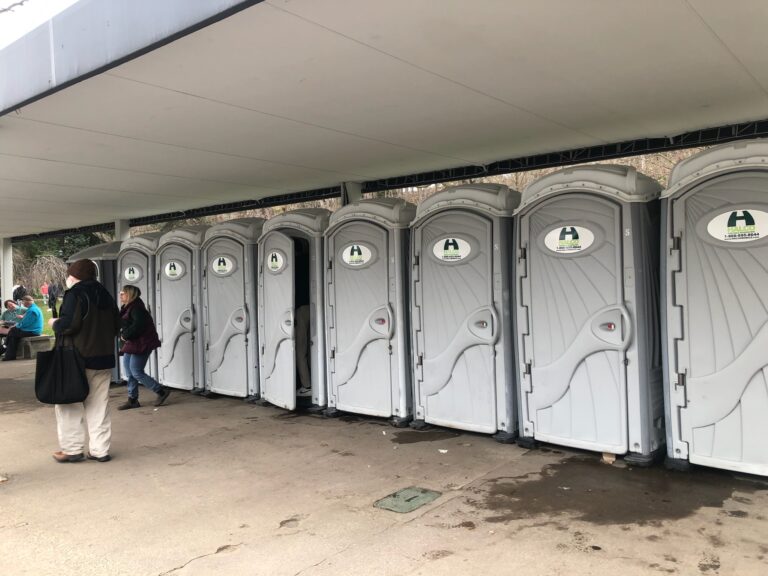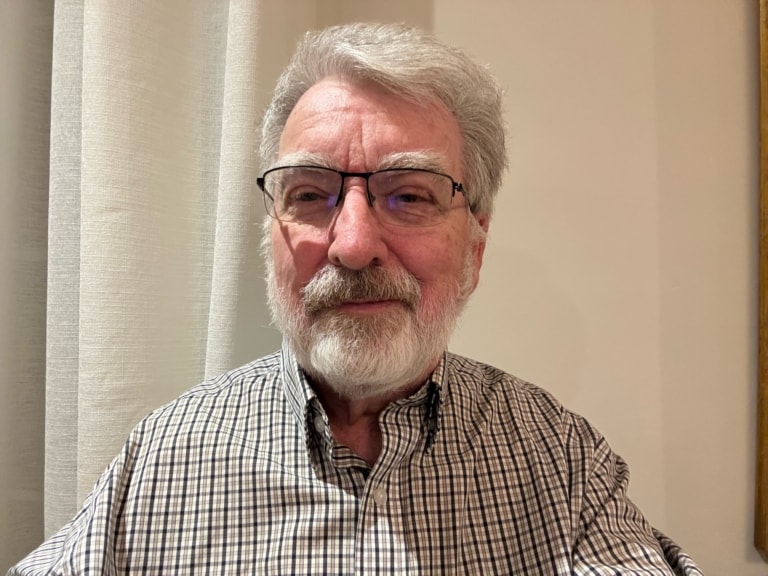Steve Hardaker
Special to The Lake Report
Where I was during the 9/11 crisis is a vivid memory that will never be forgotten.
I was attending NATO meetings in Prague, Czech Republic, as one of the Canadian delegates on the Meteorological Support to Operations Committee. On the Tuesday, Sept. 11, 2001, we were in day two of our four-day meetings at the Czech Military Mess facility.
Delegates had no idea what was transpiring back in North America as we tolled away on operational support issues in Europe. At the conclusion of our day, we returned to our hotel at about 4:30 p.m. Prague time.
Our hotel was a palatial structure built during the Warsaw Pact occupation of Czechoslovakia that started in 1968, overlooking central Prague and the Prague Castle. Delegates were greeted by their spouses with looks of shock and horror on their faces.
The spouses were gathered around a large-screen TV watching the terrorist attacks of 9/11 unfold. As we arrived, we witnessed the second jetliner fly into the World Trade Center tower. It was an unbelievable scene. No words were spoken. Only gasps and tears of shock. We witnessed the heroics and horrors of that day unfolding.
At this point, our United States Air Force colleagues and their spouses retired to a private area of the hotel to discuss what was happening in their country, to contact family and to plan for their return to their bases in Europe. We did not see them again that week.
Our meetings continued the following days, however the relevant topic of continued NATO meteorological support to the Balkan Stabilization Force (SFOR) and the Standing NATO Fleet in the Mediterranean, quickly changed to what had unfolded the day before and what role NATO, and more precisely NATO meteorological support, might be called for in the aftermath of the terrorist attacks on the World Trade Center.
NATO doctrine stated that an attack on a NATO nation is considered an attack on NATO. So, NATO had been attacked.
Skies around the world were closed to all air travel. The question on my and my colleagues’ minds was how were we to return home to Canada? By the end of the week, the airways were slowly reopening, albeit with heightened and enduring changes to security. I arrived safely back in Ottawa to my awaiting family Sunday evening.
Little did I know on that fateful day that the terrorist attacks on the World Trade Center would change my career focus completely for the remaining nine years of my work with the Directorate of Meteorology and Oceanography at national defence headquarters. By the end of 2001, the U.S. had declared war on the Taliban in the quest to find Osama Bin Laden and Canada quickly joined that coalition. Full NATO involvement quickly followed.
My days following 9/11 were spent providing reach-back support to deployed Canadian meteorological technicians across the Afghan theatre. I arranged appropriate and dedicated meteorological telecommunications connection between Canada and Afghanistan, ensured the entire meteorological data base used by NATO was also available to the Canadian operations.
The U.S. was providing the forecast guidance using its model data and that also needed to be readily available so any forecasts generated in Canada followed that guidance through the one theatre, one forecast doctrine.
The U.S. eventually gave up command of Kandahar province to Canada and I managed the hand-over of the Kandahar Airfield Weather Detachment from the U.S. to NATO with staffing provided by Canada and the United Kingdom and the airfield aviation forecast produced by meteorologists at the Canadian Forecast Centre in Trenton.
During the time Canada was involved in Afghanistan, 140 Canadian meteorological technicians were deployed to support air operations, artillery, naval and various headquarters groups.
Steve Hardaker has lived in Glendale for 11 years and is active in many community organizations.










